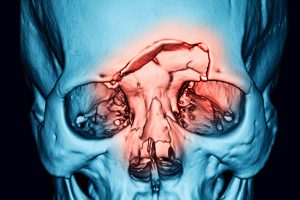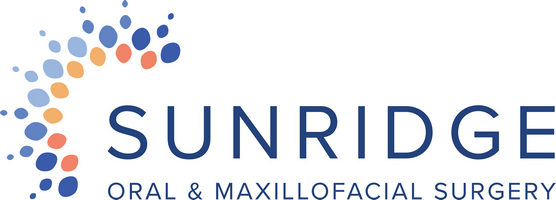I had a great experience, the staff are super nice and very informative. They made sure i was fine and asked if i had any questions, the surgery itself went perfectly smooth. I would recommend them to anyone needing oral surgery. Definitely had a positive experience.
General Information
 Injuries to the face, by their very nature, impart a high degree of emotional and physical trauma to the patients. The science and art of treating these injuries require special training. This training involves not only experience, but also the understanding of how the treatments provided will influence the patients’ long-term function and appearance. Our surgeons are trained and uniquely qualified to manage and treat facial trauma. He performs many in-office procedures and is on-staff at the Peter Lougheed Hospital where he delivers emergency treatment for facial injuries, which include the following conditions:
Injuries to the face, by their very nature, impart a high degree of emotional and physical trauma to the patients. The science and art of treating these injuries require special training. This training involves not only experience, but also the understanding of how the treatments provided will influence the patients’ long-term function and appearance. Our surgeons are trained and uniquely qualified to manage and treat facial trauma. He performs many in-office procedures and is on-staff at the Peter Lougheed Hospital where he delivers emergency treatment for facial injuries, which include the following conditions:
- Facial lacerations
- Intraoral lacerations
- Fractured facial bones (cheek, nose, and eye sockets)
- Fractured jaws (upper and lower jaws)
The Nature of Maxillofacial Trauma
There are various causes of facial trauma. Motor vehicle accidents, accidental falls, sports injuries, interpersonal violence and work related injuries account for many facial traumas/injuries. Types of facial injuries can range from mild to extremely severe injuries of the skin and bones of the face. Typically, facial injuries are classified as soft tissue injuries (skin and intraoral tissue), bony injuries (fractures), or injuries to special regions (such as the eyes, facial nerves or the salivary glands).
Soft Tissue Injuries of the Maxillofacial Region
Soft tissue injuries of the face are treated by re approximating them. Our doctors take special care and consideration to achieve the best cosmetic outcome with preservation of the other facial structures, such as the facial nerve, salivary glands, and salivary ducts.
Bone Injuries of the Maxillofacial Region
Fractures of the bones of the face are treated in a manner similar to the fractures in other parts of the body. The specific form of treatment is determined by various factors, which include the location of the fracture, the severity of the fracture, and the age and general health of the patient. When an arm or a leg is fractured, a “cast” is often applied to stabilize the bone and allow for proper healing. Since a cast cannot be placed on the face, other means have been developed to stabilize facial fractures.
One of these options, involve wiring the jaws together for certain fractures of the upper and/or lower jaw.
Certain other types of fractures of the jaw are best treated and stabilized by the surgical placement of small “plates and screws” at the involved site. This technique of treatment can often allow for healing and obviates the necessity of having the jaws wired together. This technique is called “rigid fixation” of a fracture. The development and use of “rigid fixation” has profoundly improved the recovery period for many patients by allowing them to return to normal function more quickly.
The treatment of facial fractures should be accomplished in a thorough and predictable manner. The patient’s facial appearance should be minimally affected. An attempt at accessing the facial bones through the fewest incisions necessary is always made. At the same time, the incisions that become necessary are designed to be small and, whenever possible, are placed so that the resultant scar is “hidden”.
Healing
Instructions related to your individual treatment will be provided to you prior to your procedure so that you will know what to expect and how to optimize your healing. If you have any questions or concerns related to your treatment or recovery, please do not hesitate to call the office.


